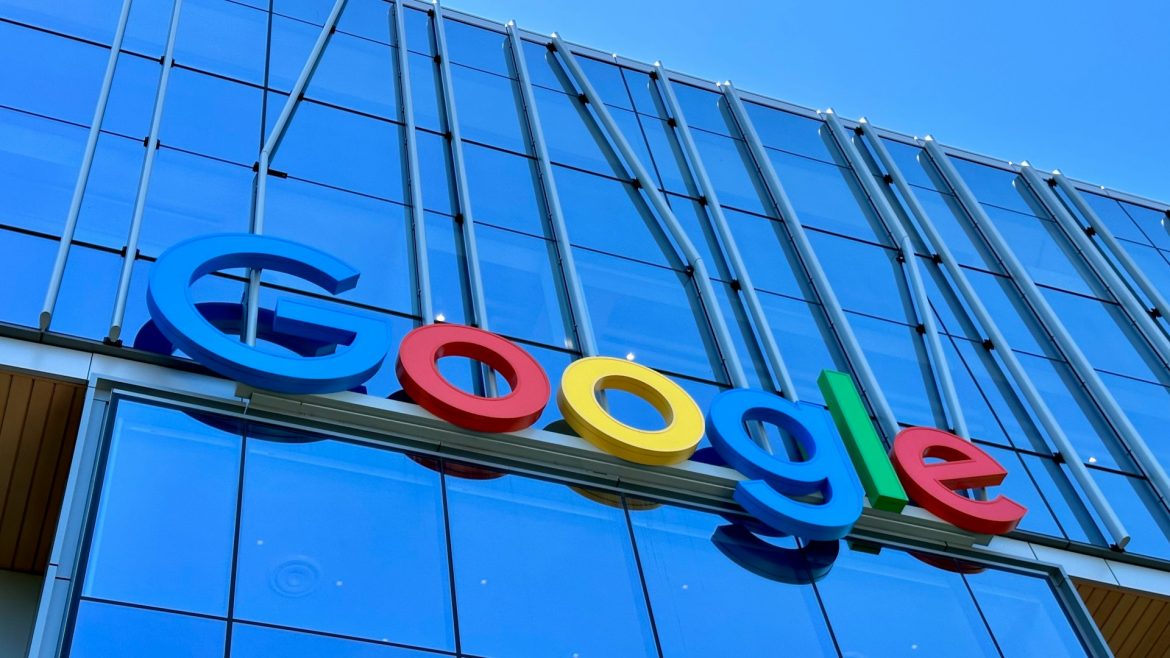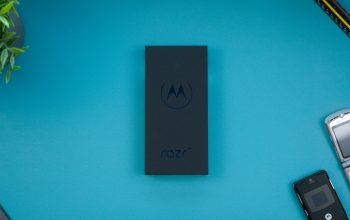Google is rolling out its November system updates, delivering a host of new features and policy changes across the Android ecosystem. The updates, which are pushed through Google Play Services and the Play Store, bring new functionality to phones, tablets, and wearables without needing a full operating system update from device manufacturers. This month’s changes focus heavily on cross-device management, emergency services, and a new quality-control push to save battery life.
Play Store Enhances App Management and Targets Battery Hogs
The Google Play Store (version 48.8) is introducing a significant convenience feature for users managing multiple devices. While users could already remotely install apps on their linked devices, they will now be able to uninstall apps from those same devices directly from their primary phone. This new function is aimed at simplifying app management across a user’s ecosystem. Alongside this, the subscription center is being updated to give users a clearer, centralized view of all active subscriptions and their accumulated Play Points, making it easier to track spending.
Perhaps more significantly, Google is leveraging the Play Store to enforce new quality standards. The company has announced a new strategy to penalize apps that excessively drain battery, focusing on the misuse of “Wake Locks”—a mechanism that allows an app to keep a device’s processor running even when the screen is off. Starting March 1, 2026, apps that are found to cause excessive battery drain in 5% or more of user sessions will be hit with a warning label in the Play Store and may see reduced visibility in recommendations. Google, which developed this new battery metric with Samsung, is adding battery efficiency as a core metric for technical quality, right alongside app crashes.
Play Services Adds Live Video for Emergency Calls
The Google Play Services update (version 25.44), which began its rollout on November 10, introduces a critical new safety feature. Users who make an emergency call will now have the ability to share a live video feed from their smartphone’s camera directly with the dispatcher. This functionality is intended to provide first responders with a much clearer real-time assessment of a situation, though Google has not yet released specific details on its operation.
This update also bundles in a few smaller-scale improvements, such as a new confirmation warning before a user locks the Gemini app via parental controls. This follows an earlier November update (v25.43) that, according to Google, improved functions for parent-managed contacts and the platform’s “School Mode.”
Gemini AI Integration Expands to Messaging
The November updates also highlight Google’s continuing push to integrate its Gemini AI across its products. A new beta version of Google Messages (v20251103) reveals an upcoming feature called “Insights.” This tool will use Gemini to provide concise summaries of links shared within a chat, saving users from having to open the web page.
According to reports, the AI will generate short, three-sentence bullet points, each under 150 characters, pulling information from both the linked article and, if needed, external web searches. Gemini will also reportedly add a concluding sentence, which could include a security warning about the link or a simple follow-up question to see if the user wants to learn more. This move to integrate Gemini into Messages comes as Google also plans to bring the AI’s capabilities to Android Auto.



